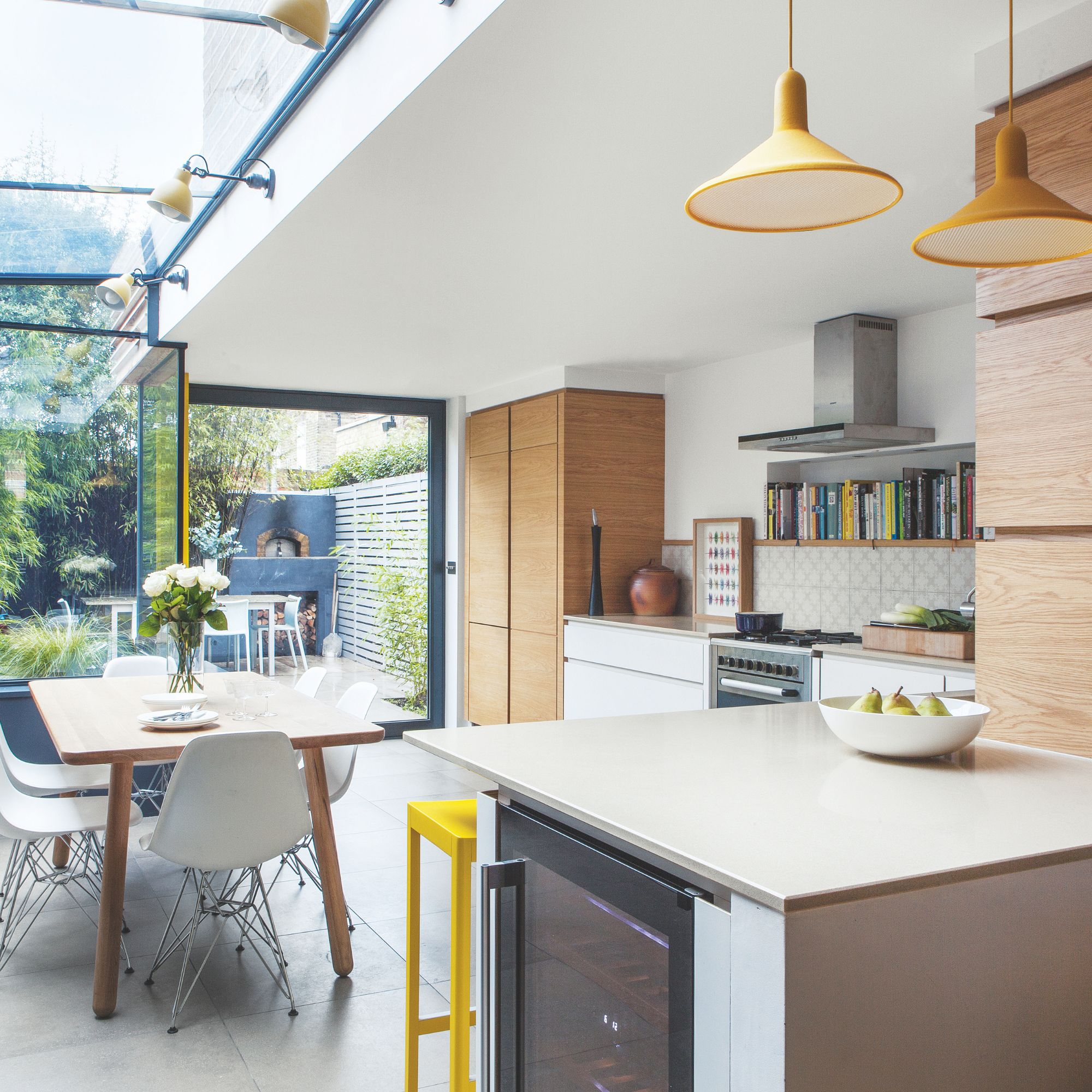
If you are planning any significant renovation work, you'll need to know how to find a good builder. Whether you are remodelling the space you have, or building an extension to add more, a good builder can be worth their weight in gold.
On the other hand, however, an unreliable tradesperson can not only be challenging to work with, but may also put the success of your entire project in jeopardy. As well as being potentially dangerous, it can also mean you have to fork out more money to put it right.
But how do you actually go about vetting potential builders and making the right choice for your project and budget? We've spoken to experts about the mistakes you should avoid when looking for a builder (or tradespeople in general) if you want your project to be a success, and come in on time and budget.
1. Not asking for recommendations
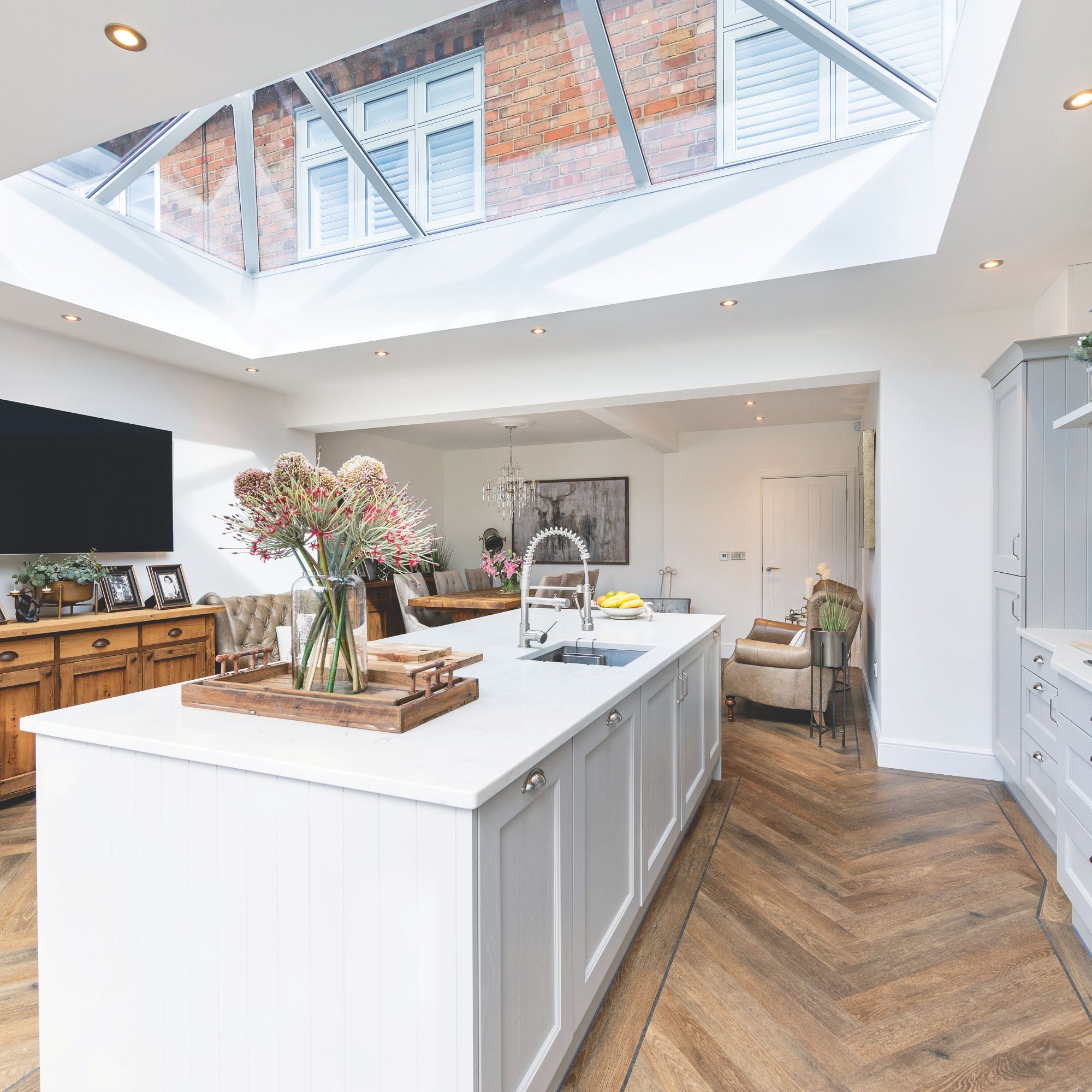
One of the best ways to find a good builder is to go off recommendations from friends, family and neighbours who have used them before and have the finished project to show for it. Skip this step, and finding a quality builder may feel like looking for a needle in a haystack.
Getting recommendations from people you know not only means you can get a look at the quality of a potential builders' work in person, but you'll hopefully get an honest assessment from the person you know. They'll have first hand experience of whether the builder turned up on time, kept the workspace clean and what they were like to work with in general.
Thomas Goodman at MyJobQuote.co.uk adds: 'If you have used other trades such as plumbers, electricians or decorators ask if they know of a good builder. Most trades in the local area will know one another and will have seen the quality of each other’s work. They may also have had discussions with clients about their experience with a particular builder.'
2. Not looking around your local area
If you've not got friends or family nearby who have had building work done, then you might feel at a bit of a loose end. But this is where having a roam around your local area can help. As you move around, keep your eyes peeled for signs of building work going on in homes similar to yours.
Thomas adds: 'A good builder is a busy builder. Look around your area for banners and signs on properties. This is often how local builders advertise their services and show their workmanship.' You can also try to speak to the current homeowner to see if they're happy with how the work is going. This might feel a bit awkward, but on the whole people are happy to chat about the work they have going on - if they're pleased they'll want to shout about it, and if they aren't, they'll definitely let you know why not.
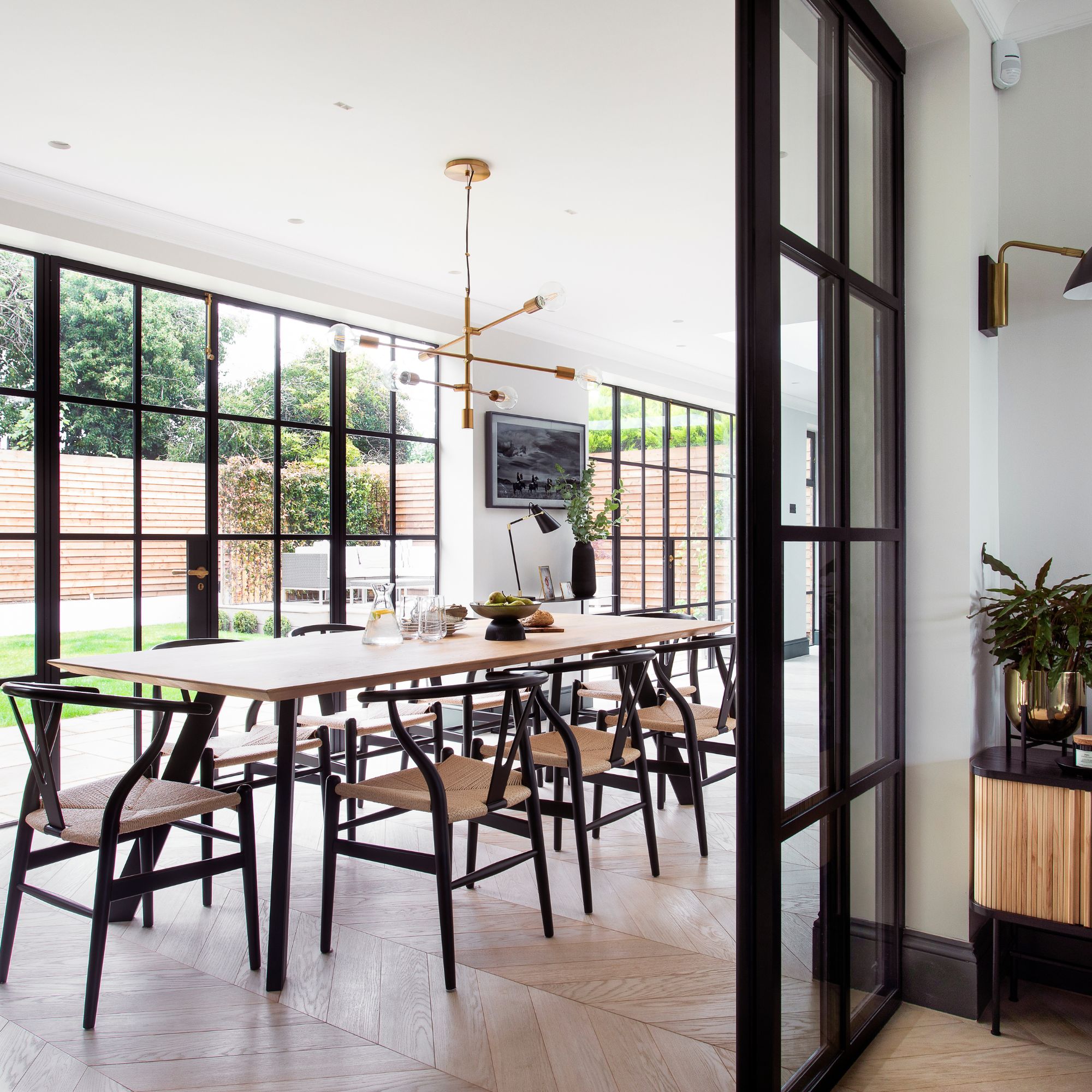
3. Relying solely on the internet
In this day and age, it often feels like there is absolutely nothing you can't find on the internet. But by limiting your builder search scope to what you can find online, you'll probably be doing yourself a disservice.
Some builders may have websites set up, but others, especially if they are smaller one-person operations, may not. Some builders rely on building up their reputation and working on word-of-mouth recommendations instead. So while there is no harm in looking online, even using sites like Checkatrade.com, Mybuilder.com and Ratedpeople.com, ask around for word-of-mouth recommendations too.
4. Not doing your research
Doing a bit of research before you even meet with a builder can not only save you time in the long run, but can also help you identify the right person for the job. Tim Warren, a DIY expert from Adkwik says: 'There are not actually any formal qualifications required to call yourself a builder, so it is important to check on websites such as Checkatrade or the Federation of Master Builders, as they will each have their own vetting processes to help you avoid any rogue tradespeople.'
Try to find their address and contact information and research the kind of work they have done in the past (and speak to previous clients). It can also help to see if they are members of any trade associations, like the Federation of Master Builders, National Federation of Builders, TrustMark or the Guild of Master Craftsmen.
It's also a good idea to investigate whether they have a registered business, and whether they have had other businesses dissolved in the past, which can be a red flag. You can look online using Companies House .
Tim adds: 'If you find a builder, before going any further you should insist on seeing evidence that they have public liability insurance, as any good builder will be happy to provide you with a copy of this. They should also be able to supply you with a written contract for the work that will be carried out, as this will help to prevent any later disputes and you can arrange to have meetings to check the on-site progress.'
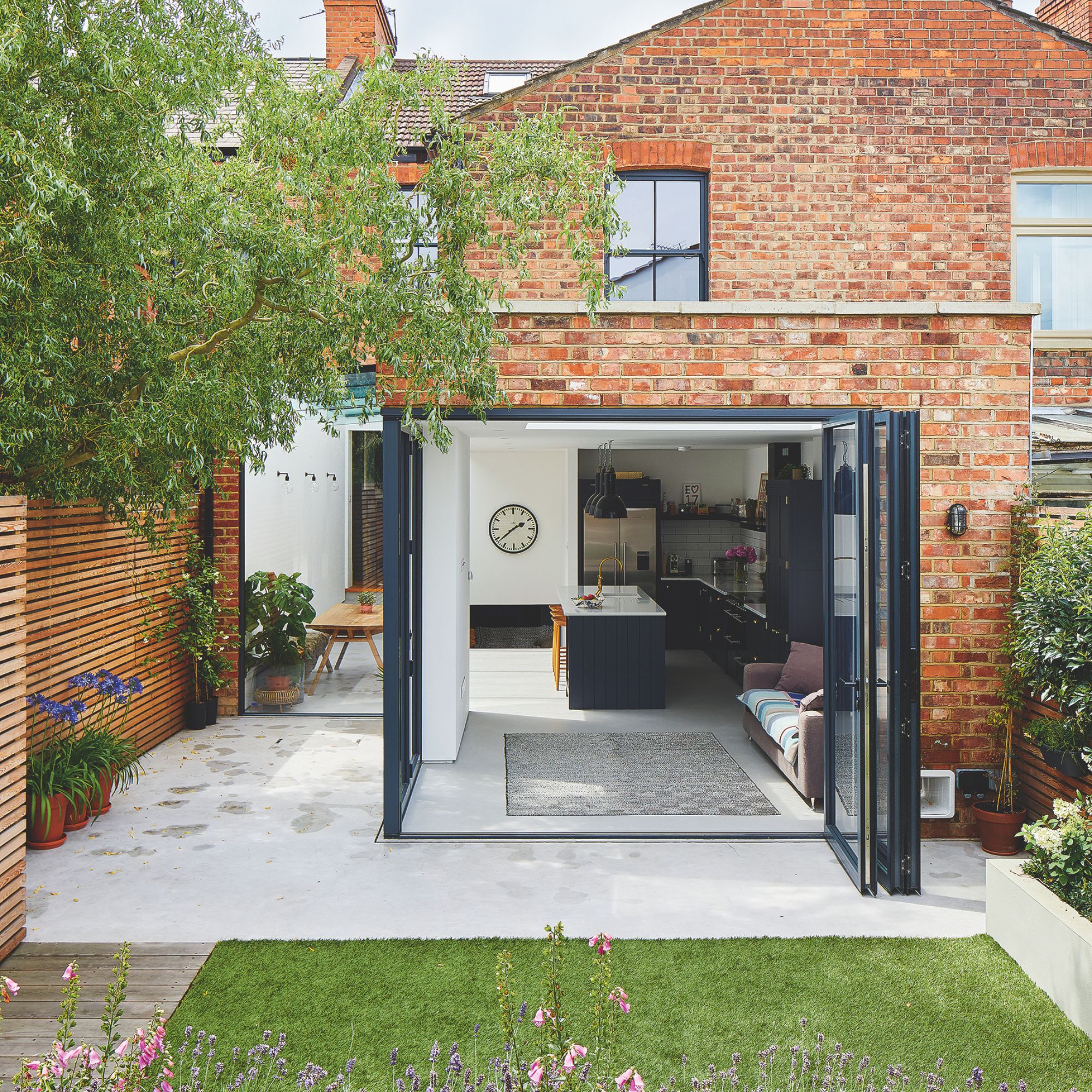
5. Picking the first builder you speak to
It's one thing to ultimately settle on the first builder you spoke to after conversations with and comparing quotes from others, but it's another entirely to literally pick the first builder you find.
You should always speak to at least three, asking them all about their previous work, explaining what you want from the project, and getting an idea of costs.
6. Not checking references
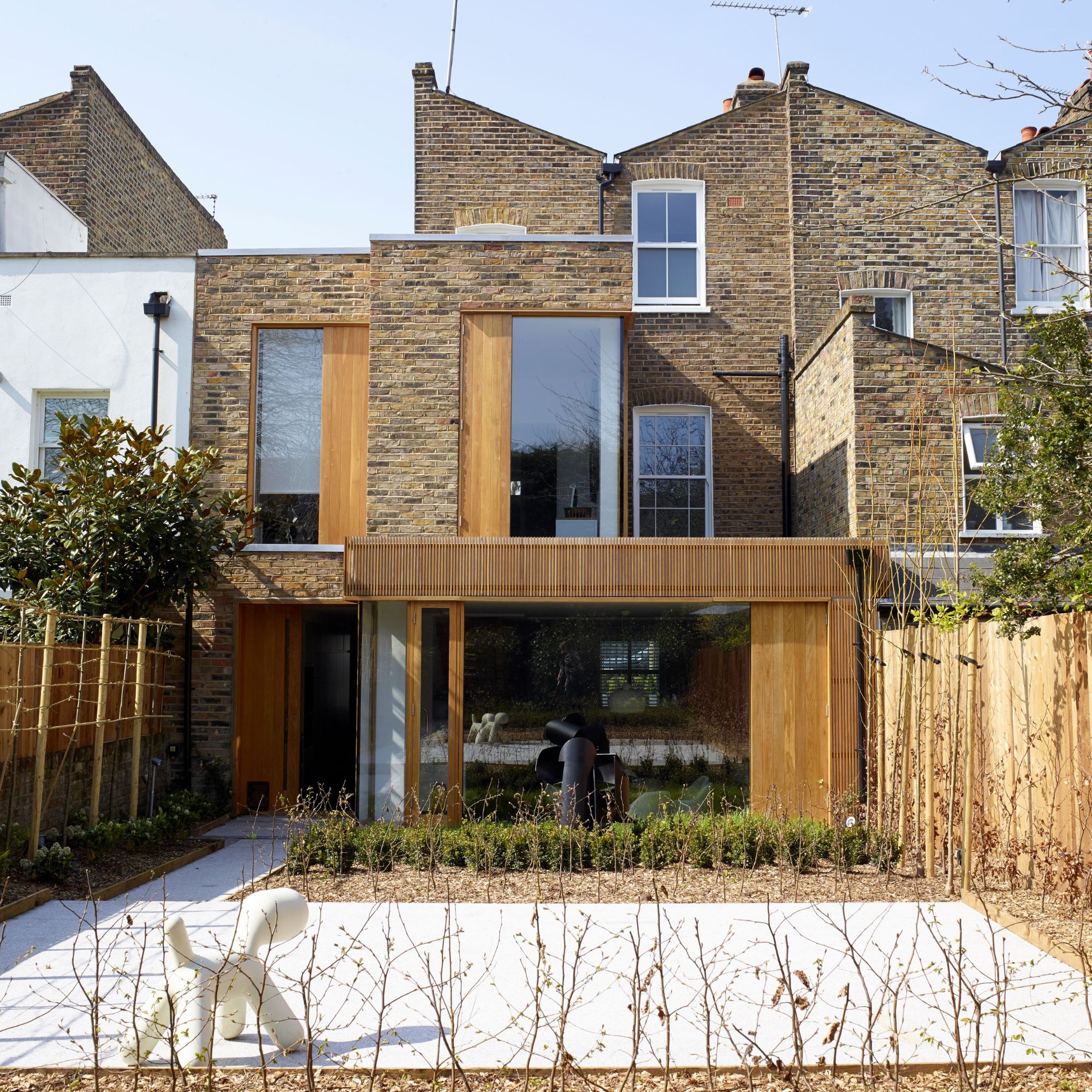
Good builders will be more than happy to shout about the work they've done and encourage you to speak to their former clients. But before parting with a potentially significant sum of money on a major renovation project, it's important you follow up and check these references for yourself.
When you speak to previous clients, ask the following questions:
- What were they like to work with? You'll want to find out whether the builder turned up when they were supposed to, how clean and tidy they kept the work site, how noisy they were, and how effective their communication was throughout.
- Was the project completed to a satisfactory standard? If not, why not?
- Were there any problems and how were they overcome? No project is without its hiccups, especially in the case of building work, where sometimes a problem is only uncovered when the work has begun. But getting a sense of how your builder handles those problems and comes up with solutions can sort your green from your red flags
- Did they finish on time and within budget? It's not unusual for a project to take longer and go over budget (that's what contingency funds are for), but make sure you find out why the project took longer and cost more than expected.
- Would they work with the same builder again? If yes, this is the ultimate recommendation a homeowner can give.
8. Not being savvy when it comes to quotes
A quote should be the final price you pay for your project based on detailed planned and specific quantities of materials (although there may be some circumstances where this might change - for example, if you choose different material, or if the specifics weren't firmed up at the time the quote was given). An estimate is more of a rough cost, based on more broad criteria. You should get both in writing, and it should be made clear on the quote or estimate as to what the price is subject to.
When you are getting quotes from builders, you'll need to be savvy to make sure you are comparing like for like. And it can be difficult as there are so many variables involved, including the size of the firm, how busy the builder is (they may charge a higher labour rate), and how they interpret the scope of work.
If one quote is much lower than the others, then they might have missed something off, or may add hidden costs on down the line. So it's up to you to check the quotes carefully to see exactly what they cover. If you have a quote that seems too good to be true, they usually are, so it's best to be cautious.
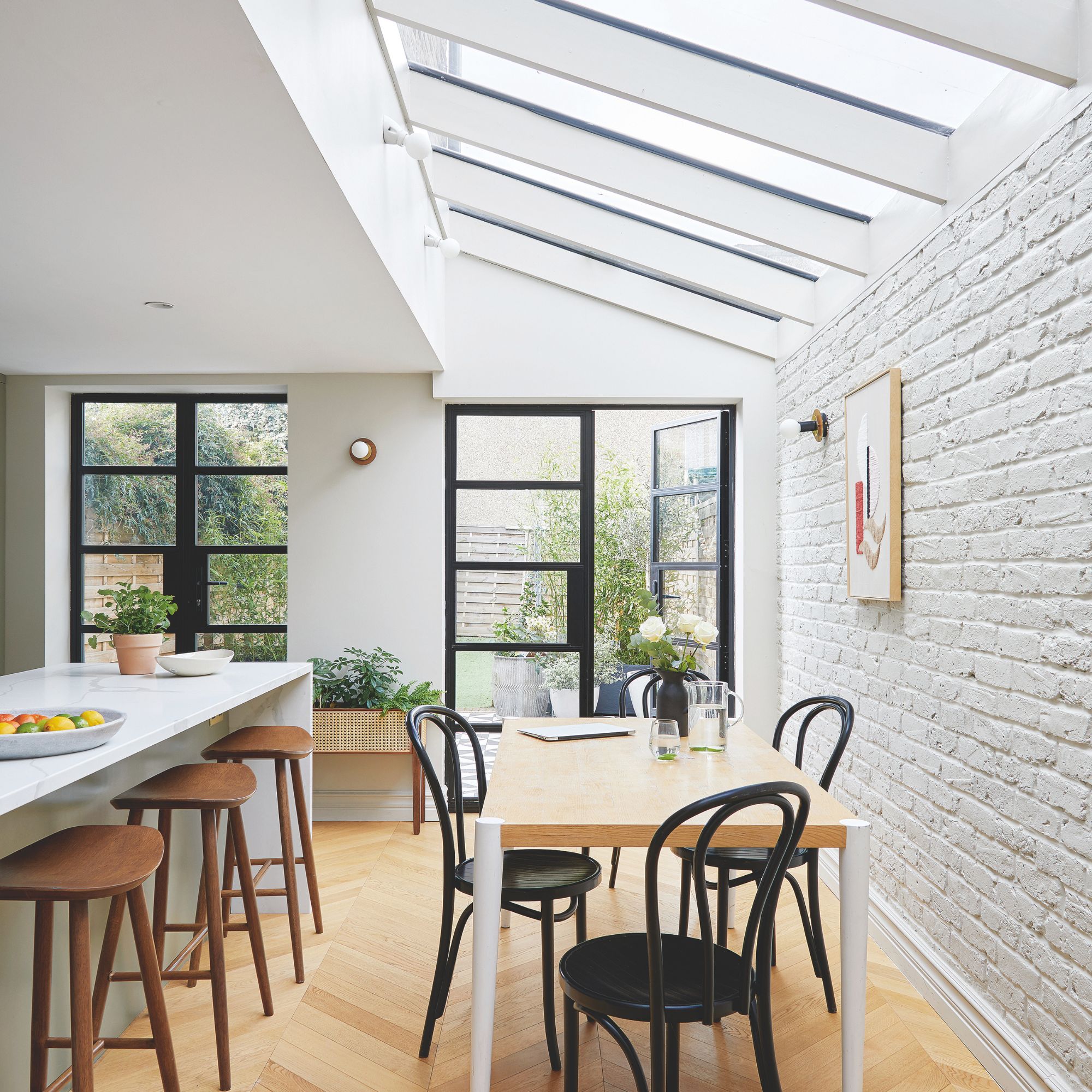
If you have quotes that are similar and you're not sure which to go with, then go back to your research with previous clients and see if one builder edges further ahead on that front. Thomas Oldham, co-founder of the UK Construction Blog says: 'Choosing a builder should be about more than just price. Focus on the builder’s communication style, their ability to understand your goals, and their transparency in proposals. Trust your instincts when selecting someone who will work in harmony with your project’s needs.'
If all of the quotes exceed your budget, then you may have to try haggling with the builders, and asking what can be changed to bring the price down. Maybe you can use different materials, or even project manage your own extension project to reduce the final price. But make sure you don't create a false economy but making cuts now that will cost you more in the future.
For the most accurate quote, you'll need to make sure they builders have as much information as possible, including:
- Plans and construction drawings - these should include structural calculations to help builders work out quantities of materials required
- A full specification for all materials, finishes, fixtures and fittings
- A copy of a contract you intend to use (or you can ask your builder for theirs)
- Specify allowances for provisional sums (which will include items that can’t be accurately priced without further research and specification) and prime cost sums (which will include items that haven't yet been selected).
Tim adds: 'When hiring a builder, you should be able to provide them with a full brief of the work that you want them to do. This brief should include the aims, budget, style and your expectations. The builder will also need to be informed of the local authority planning department that you are part of.'
There is a chance you will meet some resistance from builders when it comes to supplying a quote rather than an estimate, especially before you've given them your business. This is largely down to the time it takes to put a quote together. Don't be put off though - you'll need this accurate costing to effectively plan your budget, and if the builder wants your business, they'll provide it.
9. Choosing a builder that can start tomorrow
Timelines are important for any significant building project, and homeowners are usually keen to get the work completed as soon as possible.
But good builders are usually booked up in advance, so if your builder is able to start the next day, then it should set some alarms bells ringing as to why. It could be that they are leaving another job unfinished in order to start working on yours (and who's to say they won't do the same to you), or they don't have any projects on the books, and you should wonder why.
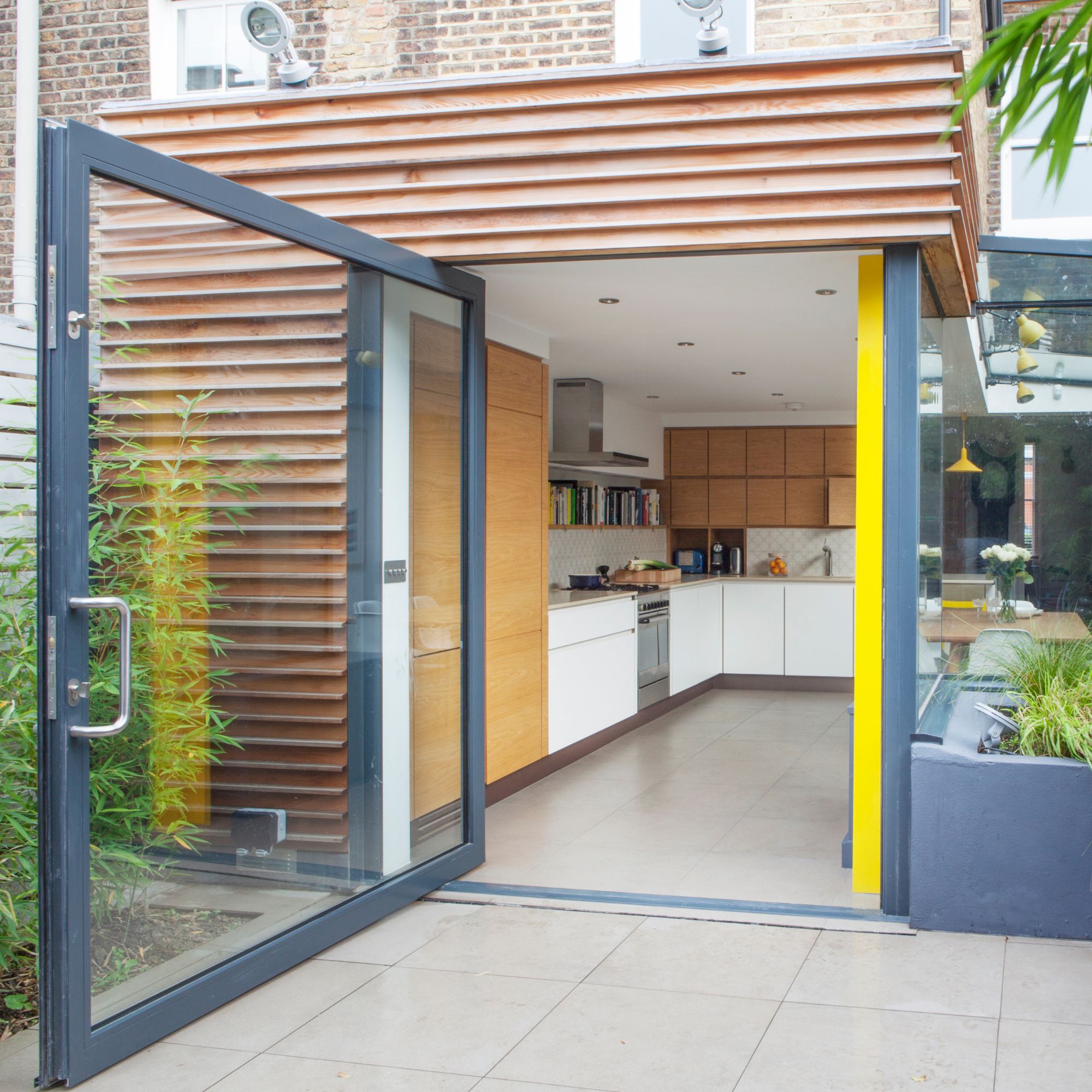
10. Skipping the contract
Having a written contract in place is essential - it provides clarity to both parties about the scope of work to be undertaken, the timeframe and schedule of works, cost, payment terms and will lay out details as to who is responsible for what, and what happens in the event something goes wrong.
Your builder might have their own standard contract, or they may adapt a contract template from the likes of the FMB and tailor it to your specific project.
FAQs
How do I find a good local builder?
There are multiple ways to find a good local builder, and it's a smart idea to try as many of these routes as possible:
- Getting recommendations from friends, family and neighbours
- Recommendations from professional advisers, like an architect or structural engineer
- Keeping your eyes peeled for advertising boards outside projects in your local area
- Using sites like Checkatrade, RatedPeople and Mybuilder, or searching the internet for builders near you
- Asking on social media (some people will document their projects online, so check hashtags and look for those near you)
- Using the search function on the websites of trade associations and guilds, including the FMB's Find a Builder tool
What should you base your decision on?
Once you have found a few builders that you are happy with and who have provided you with quotes for the work being carried out, Tim Warren advises that you should base your final decision on the following:
- Insurance - 'The builder should be happy to provide you with proof of their public liability cover. You may also want to take out other insurance yourself that will cover any structural issues in the event that your builder cannot fix them under the original warranty (e.g. they go out of business).'
- VAT - 'Although this is not always necessary, a builder who is VAT registered can provide you with extra assurance. Avoid any tradesperson who offers to deduct VAT in exchange for paying in cash, as this is tax evasion and is against the law.'
- Start date - 'It is likely that good builders are booked for a few months in advance. Before agreeing to anything, ask if they can estimate when work will start.'
- Team - 'Check that the team your builder will be working with are also vetted and have good reviews. Some builders may be able to oversee the entire project on your behalf and hire other good tradespeople that they know, which can save you time.'
- Completion - 'Ask your chosen builder what will happen when work is completed, such as when will you receive any certificates or warranty documents. They should also walk you through the completed project, and explain what will happen if there are any defects or faults spotted once work is over.'
How can you maintain a good relationship with your builder?
Once you have found a good builder, it'll help your project run smoother if you manage to keep up a good rapport, even if there are bumps in the road.
Elli Kiely, Design & Innovation Director at HJK Constructionsays: 'Fostering a strong, collaborative relationship with your builder throughout the process can make all the difference. Communication is key: regular check-ins and clear discussions about expectations, deadlines, and any changes can help avoid misunderstandings. Be open to the builder’s suggestions, as their expertise can offer valuable insights into the design and construction process.
'It’s also important to be realistic about timelines and budgets. While it’s natural to want things done quickly, some elements of building require time for the best results. Showing respect for the builder’s work and staying involved in the process can help keep things on track and ensure that the end result matches your vision.'







